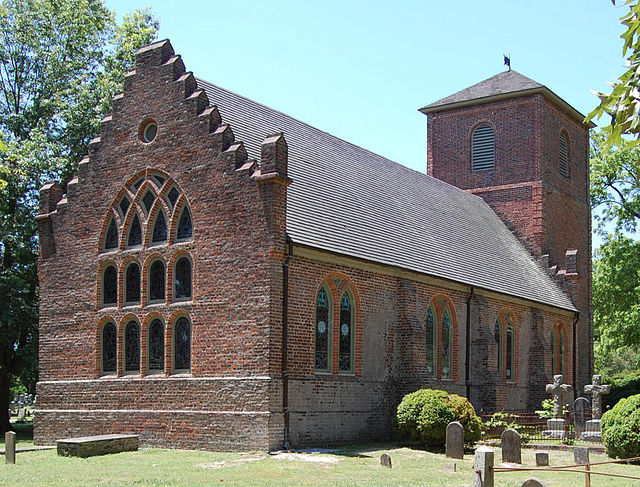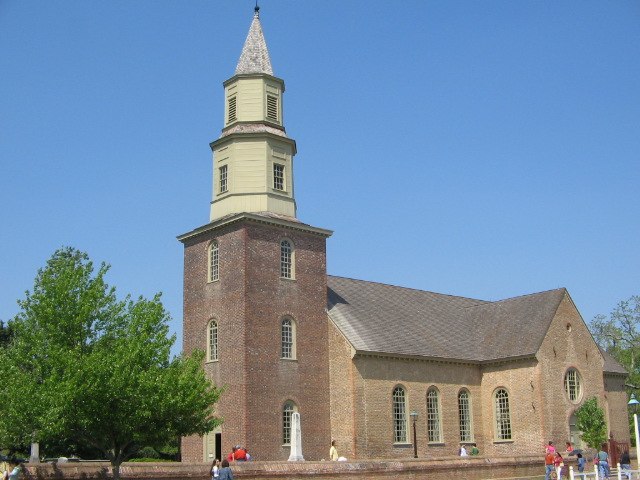Religious affiliations of presidents of the United States
Religious affiliations can affect the electability of the presidents of the United States and shape their stances on policy matters and their visions of society and also how they want to lead it. While no president has ever openly identified as an atheist, Thomas Jefferson, Abraham Lincoln, and William Howard Taft were speculated to be atheists by their opponents during political campaigns; in addition, a survey during the presidency of Donald Trump showed that 63% of Americans did not believe he was religious, despite his professed Christian affiliation. Trump supporters have also circulated conspiracy theories that Barack Obama is a Muslim. Conversely, other presidents, such as Jimmy Carter, have used their faith as a defining aspect of their campaigns and tenure in office.
The majority of American presidents have belonged to Protestant faiths. St. John's Church, an Episcopal church in Washington, D.C., has been visited by every sitting president since James Madison.
Episcopal Church (United States)
The Episcopal Church (TEC), based in the United States with additional dioceses elsewhere, is a member church of the worldwide Anglican Communion. It is a mainline Protestant denomination and is divided into nine provinces. The presiding bishop of the Episcopal Church is Michael Bruce Curry, the first African American bishop to serve in that position.
St. Luke's Church, built during the 17th century near Smithfield, Virginia – the oldest Anglican church-building to have survived largely intact in North America.
Bruton Parish Church in Colonial Williamsburg, established in 1674. The current building was completed in 1715.
Old North Church in Boston. Inspired by the work of Christopher Wren, it was completed in 1723.
Trinity Church in Swedesboro, New Jersey. Originally serving a Church of Sweden congregation, it became an Episcopal church in 1786, when this building was completed.





